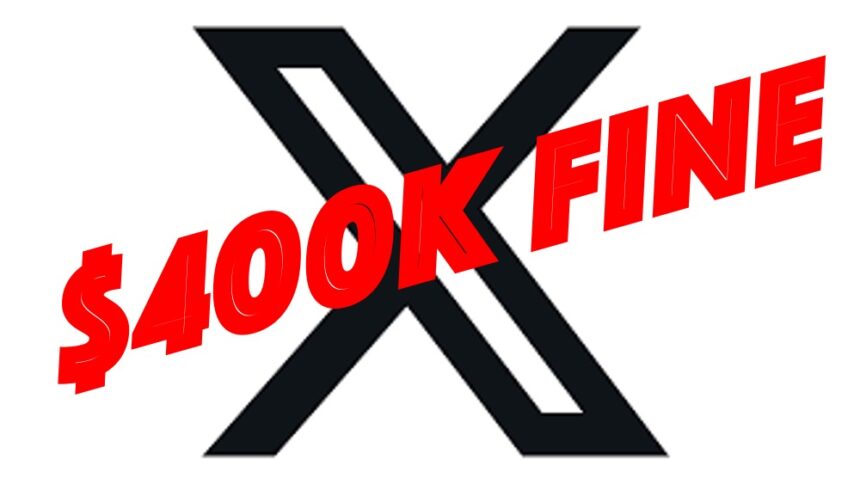Australia’s eSafety Commissioner recently fined social media platform X, formerly known as Twitter, $400,000 for its failure to address child exploitation content on the platform. This case marks an ongoing conflict between X, now under Elon Musk’s ownership, and Australian authorities focused on online safety. The dispute reveals a growing tension between social media companies and governments over content regulation, as platforms navigate increasingly strict safety laws worldwide.
What’s Happening & Why This Matters
In 2022, Australia’s eSafety Commissioner demanded that X, then known as Twitter, disclose the steps it was taking to curb child abuse material circulating on the platform. Failing to comply with this reporting requirement under Australia’s Online Safety Act led to the $400,000 fine issued in 2023. X attempted to dodge this penalty by claiming it no longer held any obligations to pay since “Twitter no longer existed” after its rebranding to X in April 2023. This argument, however, did not resonate with the court. Australian Judge Michael Wheelahan described X’s defense as “superficial” and lacking logical coherence, a stance that paved the way for civil proceedings against the company.
The Online Safety Act grants the eSafety Commissioner authority to levy fines up to $530,000 on companies that fail to meet its reporting standards. In the eyes of Australian authorities, X’s refusal to cooperate signals an unwillingness to prioritize user safety, especially regarding the most vulnerable groups. The case has drawn attention to X’s approach to content moderation under Musk’s leadership, who previously resisted regulatory demands by claiming they infringed on free speech.
This isn’t the first time X has faced pushback from Australian officials. In April 2024, a court ordered the removal of footage showing a violent incident in a Sydney church where a 16-year-old attacked and killed a priest. The court accused X of enabling harmful content after the video remained on the platform despite national outrage. Musk publicly responded by criticizing the Australian government’s involvement in censoring platform content, suggesting such demands set a dangerous precedent for worldwide internet regulation. Musk later went further, labeling the Australian government as “fascists” over a new misinformation law impacting social media, underscoring his stance against governmental intervention.
The friction between X and regulatory bodies extends beyond Australia. In recent months, Brazil’s Supreme Court banned X for failing to address disinformation posts undermining democratic processes. These confrontations underscore the high-stakes decisions social media platforms face as they attempt to balance free expression with regulatory requirements, which vary widely across nations.
TF Summary: What’s Next
This case is another chapter in social media platforms versus global governments that seek to enforce compliance with national content moderation laws. As X faces increased scrutiny and fines in Australia and other regions, its approach under Musk’s ownership continues to test the limits of digital legal and ethical obligations. The outcome of X’s legal battle with Australia’s eSafety Commissioner may establish a protocol in how countries pursue similar actions. X v. Australia potentially impacts future international policies on platform responsibility and safety.
— Text-to-Speech (TTS) provided by gspeech


